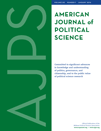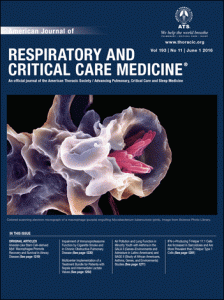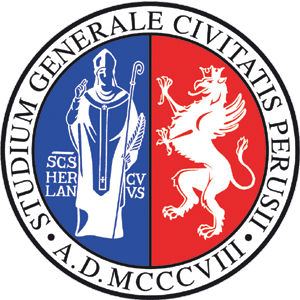 A biologist has corrected three papers that are nearly a decade old, after concerns were raised on PubPeer.
A biologist has corrected three papers that are nearly a decade old, after concerns were raised on PubPeer.
A commenter first posted a comment about an image in one of the papers in 2013; after more comments on other papers appeared in November 2015, author Zoya Avramova at the University of Nebraska-Lincoln received emails alerting her to the threads. She has responded, including to the 2013 comment, noting “the said images should have been assembled more carefully.”
After repeating some of the experiments to verify the results, she has now issued corrections on three papers, about the genetics of model organism Arabidopsis. The papers share a first author, Abdelaty Saleh, who was a postdoc in Avramova’s lab at the time of the work.
The correction notice for “Dynamic and stable histone H3 methylation patterns at the Arabidopsis FLC and AP1 loci,” appearing in the July 2016 volume of Gene, explains: Continue reading Prompted by PubPeer, biologist corrects three papers





 JAMA and another journal in its network have retracted three 2005 papers about preventing hip fractures, after an admission of scientific misconduct.
JAMA and another journal in its network have retracted three 2005 papers about preventing hip fractures, after an admission of scientific misconduct.  PLOS ONE has republished data that were
PLOS ONE has republished data that were 
